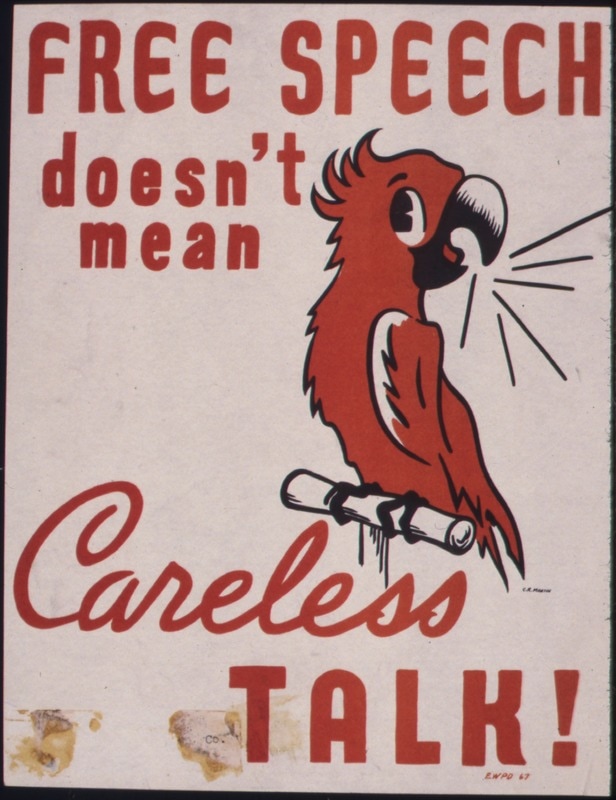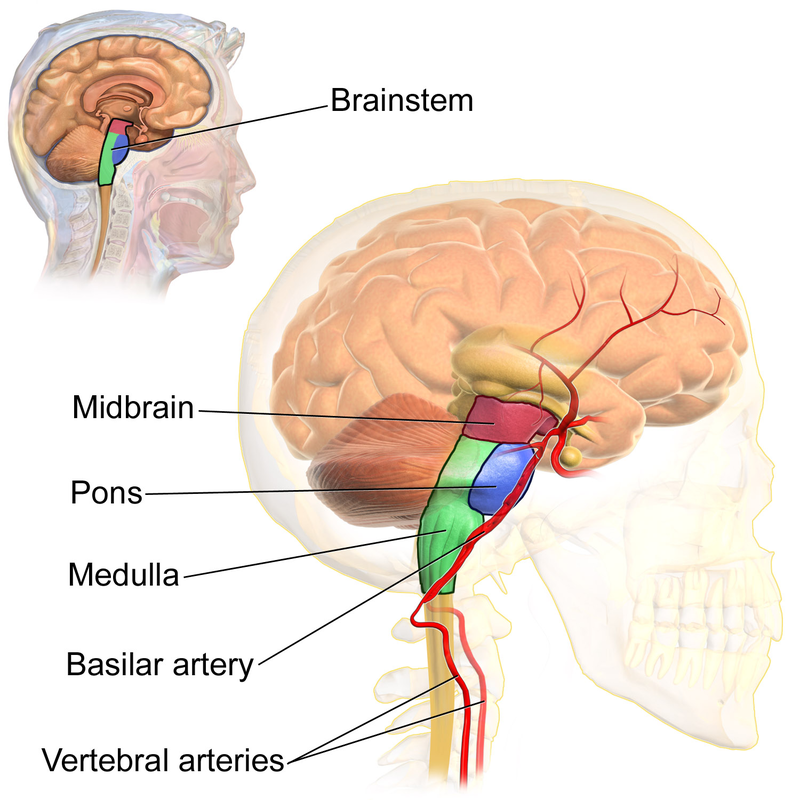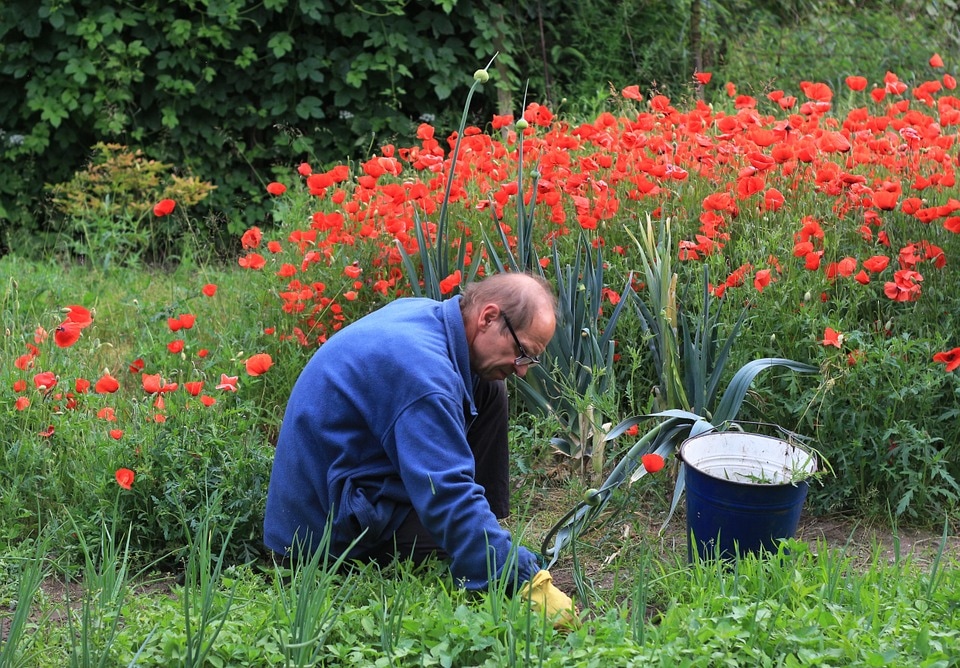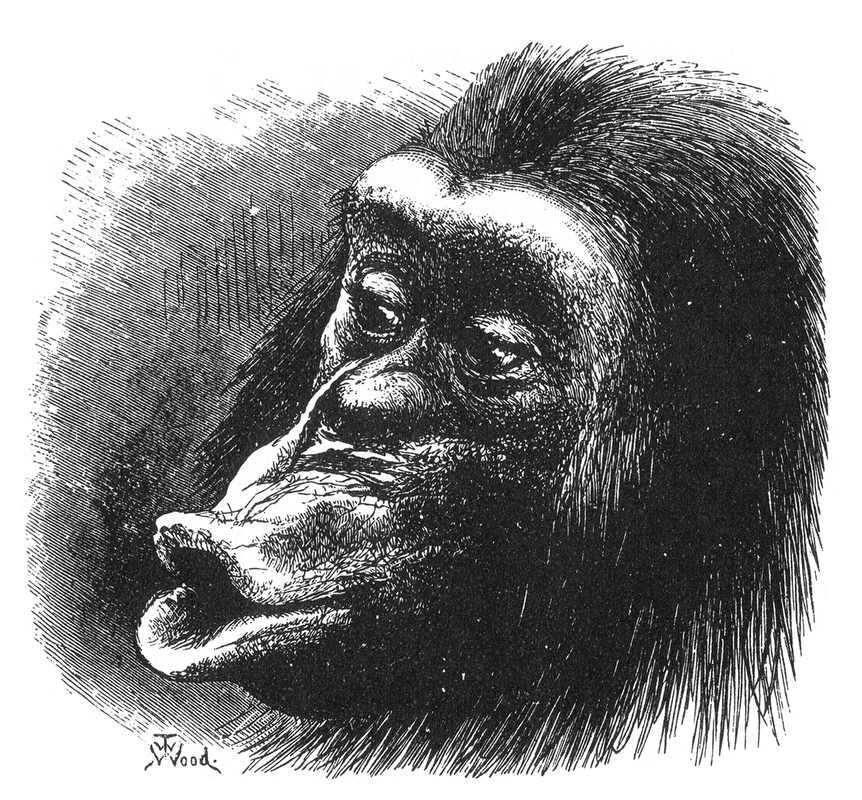NEUROSCIENCE At the base of the brain, near the spinal cord, there are several parts that deal with and process incoming information, collectively known as the Reticular Activating System (RAS). It is like a filter, letting through certain bytes of data from the myriad of sensory information. The filter is programmed through practice of pattern recognition. Repeatedly thinking, embodying or expressing stress-associated thoughts, words or actions creates that imagery in the mind. Repeatedly focusing on pain programs the RAS to look for patterns that match that programming. (Eg. if you keep saying ‘the world is messed up’, your RAS looks for evidence to support that and filters out opposite evidence.) This is the very simplified neuroscience, but it helps to think about how our language influences the pathways of the brain and our perception of reality. Language is a tool. First we make the tool (choose your words) and then the tool makes you (affects the patterns of your mind). Tony Robbins recognised this in his book ‘Unleash the Giant Within’ outlines three ways one can affect the emotional state:
ENCHANTED BY WORDS Words have power, like magic spells (hence the word spelling). We can conjure up an image in the mind simply by stating a key work (like the classic exercise - don’t think of a pink elephant). The magic of language was outlined beautifully by Don Miguel Ruiz in ‘The Four Agreements’ - which uses lessons from the ancient Toltec societies. The first agreement Ruiz suggests is to: ‘Be Impeccable With Your Word.’ Impeccability means ‘not against yourself or another’, in other words ‘positive, instead of negative’. Ruiz suggests that bitter gossiping is a unskilful use of language, and he compares it to a computer virus. By adopting the first agreement, we may become more resistant to the 'word spells' that others may try and cast upon us, but more importantly we are cleansed of the emotional poison in our own minds. The Toltecs called this the ‘Mitote’ - the fog and illusion created by the chaos of a thousand different voices all trying to talk at once in the mind.  TEND YOUR GARDEN I like to see our words as seeds, sown in our own minds.,They grow into images, feelings, beliefs and then reality. The more often we sow. the more they grow. We are surrounded by the influence of words in today’s mass marketing culture and social media, full of the seeds of unwanted and pernicious weeds. So it becomes more important to raise awareness of one’s own words and the words we hear and thus tend the garden of any unwanted weeds. MINDFULNESS CREATES SPACE At its simplest level if I keep allowing my words to be spoken without pause then I often fall into the trap of negativity programming - perpetuating the confusion of ‘mitote’. If I complain and bicker, regularly, then I fill my mind with judgements and blame and my RAS seeks to look for reinforcement of that. It becomes automatically energy-sapping (through held bodily tension) and without awareness creates all kinds of negative associations (Eg reading the newspaper feels bad, because it saps our energy when we believe and express ‘the world is so messed up!) AFTER AWARENESS PRACTICE PLAYFULNESS I’ve decided to experiment with this in my life and change my use of English language to connect to reality and personal power. I did this through the following:
I am / You are / They are (Labels) I first had some awareness that I often use the ‘I am’ to identify myself as many negative or grandiose things (eg. selfish or sexy). I noticed I was thinking about ‘I am’ or ‘you are’ as a ‘fixed’ label. It doesn’t recognise the influence of my own judgements and experiences and it closes me off to seeing things from the other person’s perspective. So I did two things to replace this:
Never or always Phrases like “You never listen to me” or “You always act that way” are inaccurate Crude approximations and faulty statistics weaken trust and create tension. It may seem pedantic, but clearly nothing is forever, or always. Even words like ‘Frequently, Sometimes, Occasionally and Rarely’ can be ungrounded assessments - they may provide a little more openness, but are rarely accurate. They are still disowned judgements, not based on acknowledged examples. Perhaps better to use:
I Should, Ought to With awareness one soon realises that most suffering arises from painful (and false) mental and neural associations - embodied expectations of ‘who we are supposed to be’. The word ‘should’ has connotations of these assumed expectations, leaving us with the tension of not meeting our own mental expectations. Stating a ‘should’ about the past (Eg. I should have woken up earlier!) is even worse, because it’s a judgement of something unchangeable! Luckily it’s easy to fix with:
“Shoulds are sadistic. Don’t should all over your life! Own your language!” Need, Must, Have to, Got to Whenever one says ‘I / you need’ or any of the other ‘ultimatum’ language, then one discounts choice and sets up an urgency mindset. The mind often unconsciously imagines terrible and unrealistic consequences of needs being unmet. Whenever the RAS perceives a ‘need’ the amygdala of the brain activates the ‘Fight/ Flight/ Freeze’ survival system - sometimes known as ‘the chimp mind’. This part of the brain is highly emotional, reactive and problem focused. To change that we use awareness to pause and recognize that what we perceiving as a ‘need’ may actually be a less urgent ‘desire’. The reality of not having our desires met is often not as bad as we imagine. This can be achieved by using:
I can’t / I don’t have time
Disempowering language like this is often spoken out of politeness. We don’t want to hurt others feelings so we dress up the language and make it seem like we are in some kind of poverty. Guess what - the more you do that the more you see this pattern attract it and create it in your mindset. I chose to change this pattern and replace it with:
“Can’t is the cancer of happen”- Charlie Sheen. Saying ‘I can’t’ regularly creates a disempowering story of our lives. Be careful how much you say ‘I can’t’ and try and replace it with more positive language or a truthful understanding of what you are making more important. But The word ‘but’ often negates what precedes it. When used in speech, particularly giving feedback it can create a lot of tension. Eg. You did a great job, but…. Can you imagine that? However, when we replace with ‘and’ it relaxes the tension and it also acknowledges the complexities of two conflicting ideas that can co-exit. Eg. “You did a great job and I still need you to change something.” That sentence would have a lot less recognition and more tension if the ‘but’ was used. It’s a nightmare, It's terrible. What a disaster! When we use gross negative labels we over exaggerate and create strong mental imagery and associations with the situations. This can be simply seen, with awareness and then relaxed by asking ourselves: Is it true? It this really ‘terrible?’ Or is it ‘interesting, useful, or painful’. These words are either rooted in optimism - seeing the situation from a positive and constructive perspective, or more truthful - if something is seen as painful then we can take positive action, and change it. If something is a nightmare we will naturally feel less empowered to affect change. ‘It’s not my fault’, ‘Why me?’, ‘They don’t deserve’ ‘It’s not fair’ or ‘the problem is’ (Blame/ Deserve based language) Words like this put us into a victim state, looking to focus on problems. When I hear myself or others say this and I want to reframe it in my own mind, because I know that the moment we label something as a problem then we just created a problem! Before that it was a situation - the ‘problem’ is in the mind (as worry). We all know that every situation can be a potential learning opportunity. Cleaning ourselves of this old pattern of problem seeking can be tricky, but by owning our internal reactions and then choosing the positive opposite it is easy to play with clearer language like:
That’s a lot of words to take in. I am still experimenting and playing with this and if there is one thing I have learned it is to only take on one at a time. Make it a game, play with it - see it as it is, a challenge for you to try one of these a week - see what results you get and decide if you like it or not. This is the only way to really decide if something is true for you - to experience it. You are here to enjoy the journey of my life and to get stuck into the adventure by playing with the learning edge. I invite you to recognise the negative power of worrying, falsehoods and confusion in your words and know that you can choose to let go of worry, speak with clarity, truth and openness. Take some playful risks today. Keep expressing and keep learning. With Love.
4 Comments
Mr Neil P Morbey
7/6/2017 12:07:01 pm
Thanks so much! I love getting feedback
Reply
Mr Neil P Morbey
8/1/2019 02:59:54 pm
Thank you. I agree. Working on making my writing more succinct. Feel free to help me out if you wish. Glad you got something from the article
Reply
Leave a Reply. |
AuthorsNeil Morbey is a meditation teacher, group facilitator and inspiration guide for Positively-Mindful.com Blog Index
Archives
May 2024
|





 RSS Feed
RSS Feed